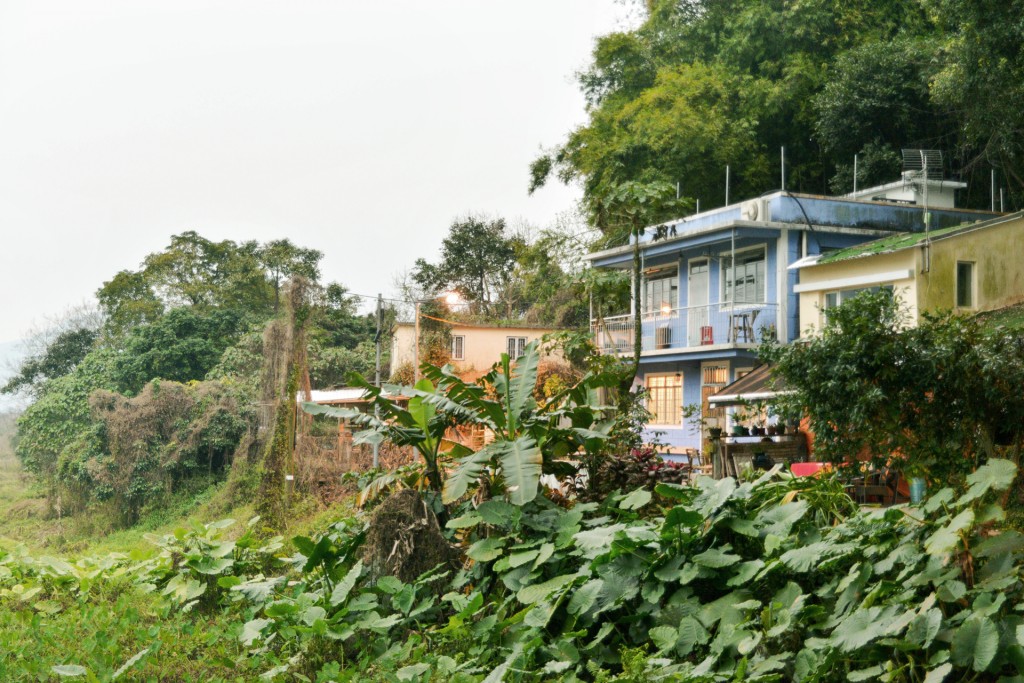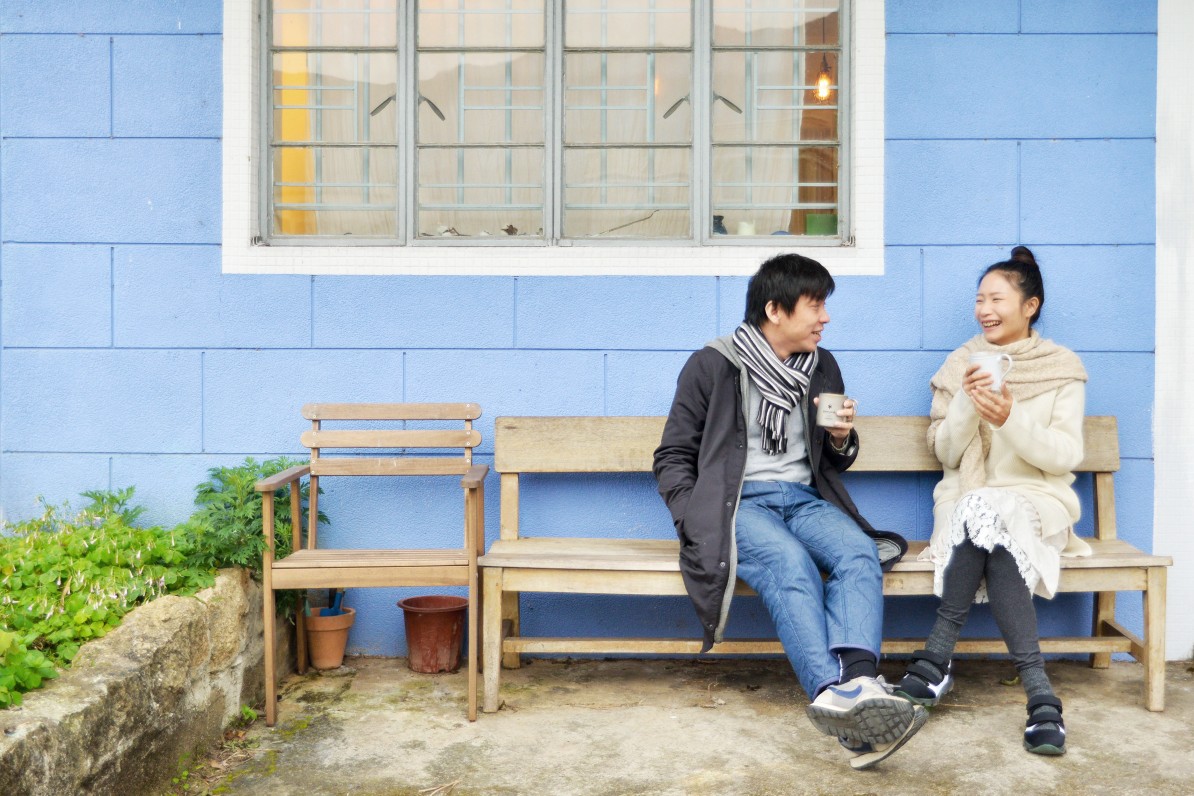Getting things done in Hong Kong isn’t easy; if you want to open a shop, the rent is always too high; if you want to focus on your creative work, bringing home the bread can also be a big problem. Yet Wallis and Kongkee, a couple living under such harsh reality, continue to follow their hearts by living and working the way they want. As a former glamorous fashion buyer, Wallis has chosen to forage into a tiny, sparsely populated village in the New Territories area, to open a homeware store; while Kongkee has weathered the ups and downs of Hong Kong’s comics market and still insists upon preserving his local-style illustrations. After his authentic Hong Kong-style work caught the eye of British rock band, Blur, Kongkee was asked to create a truly Hong Kong-style comic story for the band’s music album. Their stories might not sound as extravagant as others, but it’s a testimony to the fact that, in Hong Kong, with a little bit more courage and perseverance, you can always move a tiny step closer to your ideal life.
Written and Photographs by Kat Leung
“A Beautiful Store” is located in Tai Om Village New Territories. Not an easy find at all. It takes at least an hour by car from the city center. Yet the little store that only opens three days a week is always packed with visitors, making it one of those best-kept secret that you only hear about from friends.
The only reason Wallis decided to open her shop here, was simply because a friend who lived nearby asked if she was interested in renting this house. When Wallis saw this simple, little blue house, she fell in love with it immediately and decided to rent it. As a former fashion buyer, a job that she loved, Wallis realized she spent too much time and effort at work, to the point that problems started sprouting out in life. That’s when she started looking back and thinking about what she was doing. “I gradually realized I wanted to bring a little contemplation or awareness into this lifestyle-related industry; it didn’t have to be about fashion, but more about the things surrounding our lives.” With her experience and talent cultivated as a fashion buyer, Wallis created a simple yet intriguing homeware store. She opened up for business half a year after she started renting the house. Not much was done to the original interior, the whole thing didn’t seem too official either. There wasn’t much promotion and the store doesn’t even open for business every day. The store is much like its owner, warm and comfortable. Wallis says, she simply wants to share the things she identifies with, in the most comfortable way.
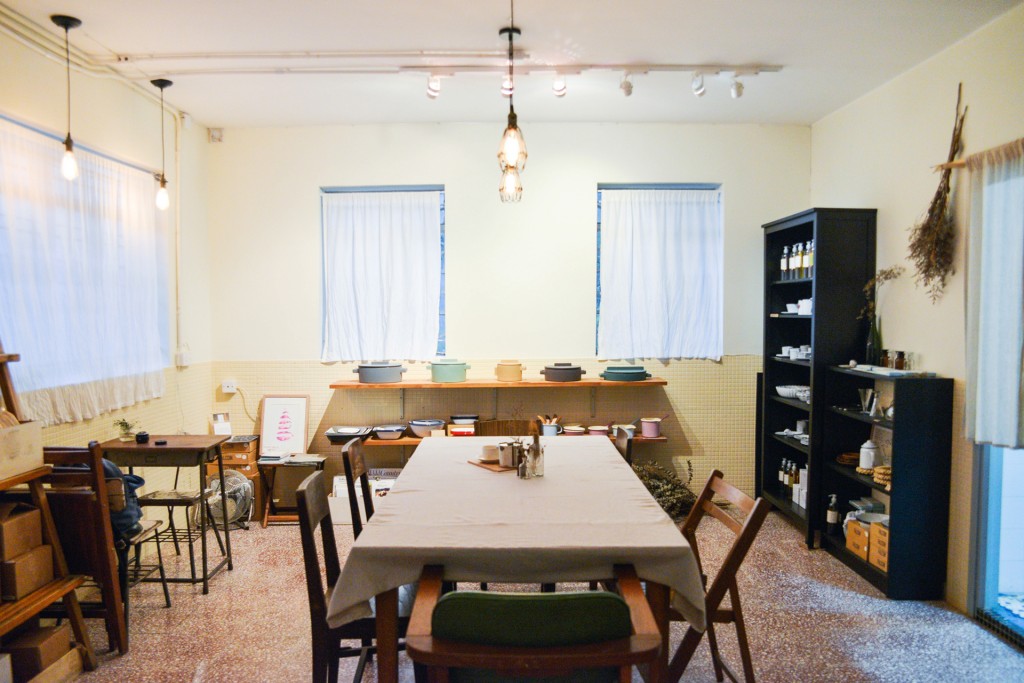
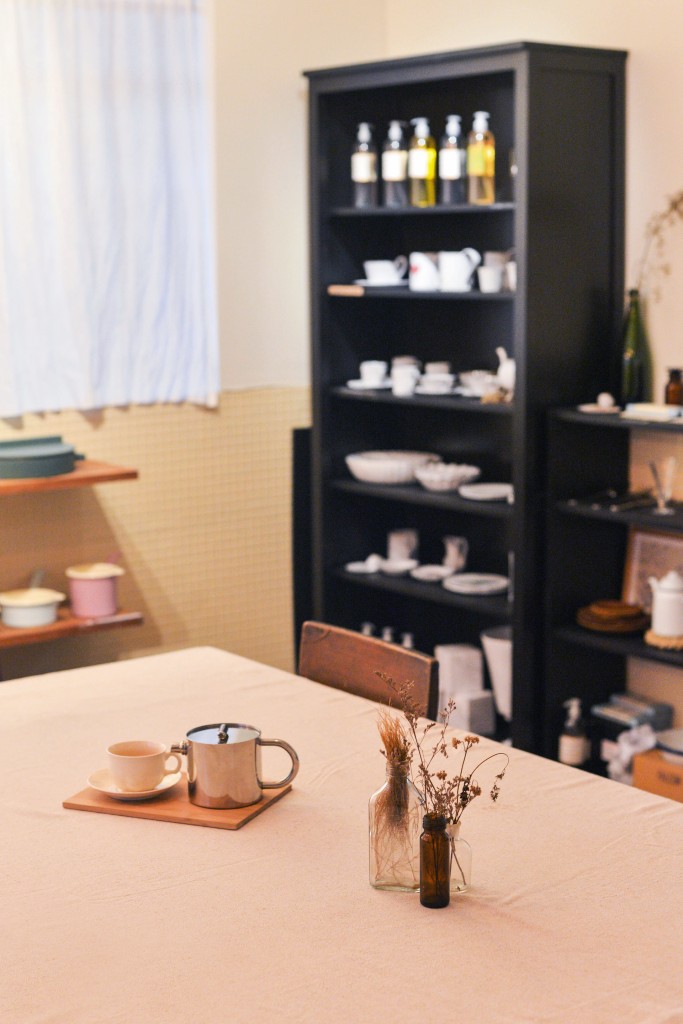
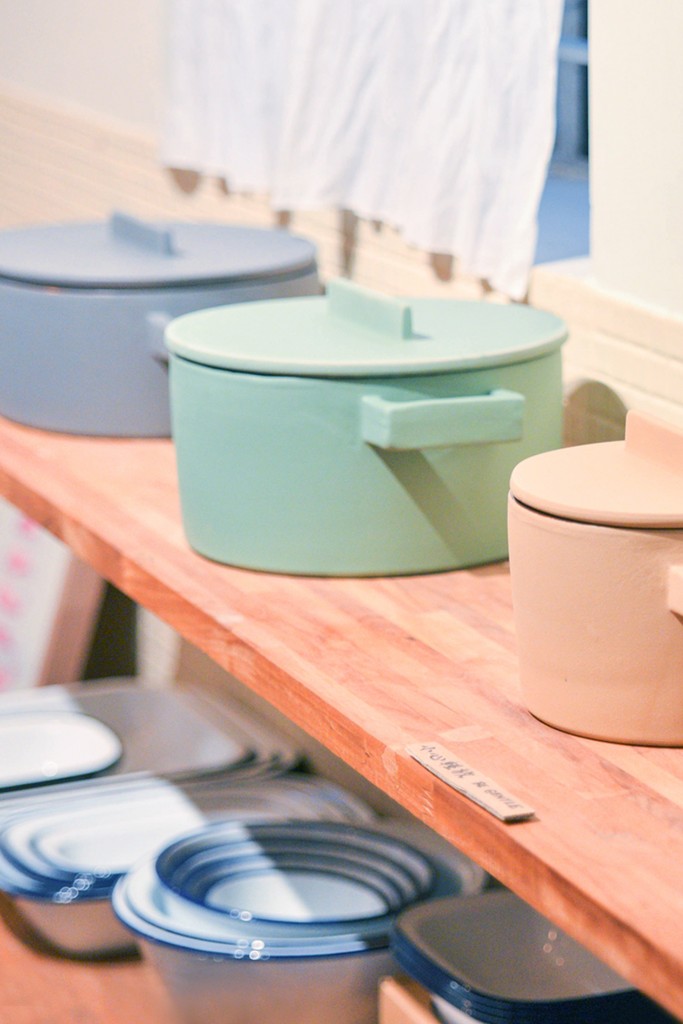
“Share the things she identifies with,
in the most comfortable way.”
Take the store’s selection of French ceramics, Astier de Villatte, for example, they most certainly exemplify Wallis’ definition of beauty. Astier de Villatte ceramics seem a little antique but not what you’d call “retro.” Each item has an indescribable yet unique hand-made aesthetic. Wallis met the owner of the homeware brand years ago through work and identifies with the brand’s concept and ideals: they insist on hand-making and training Tibetans in exile in Paris to become skilled artisans, they even bought an old movable type printing factory to print their product labels. “They also have products other than ceramics, such as scented candles created with natural ingredients by a Japanese perfumer and are set in hand-blown glass—each scent represents the image of a particular place.” By introducing this brand to Hong Kong, Wallis is also able to share these tiny stories and thoughts with her customers.
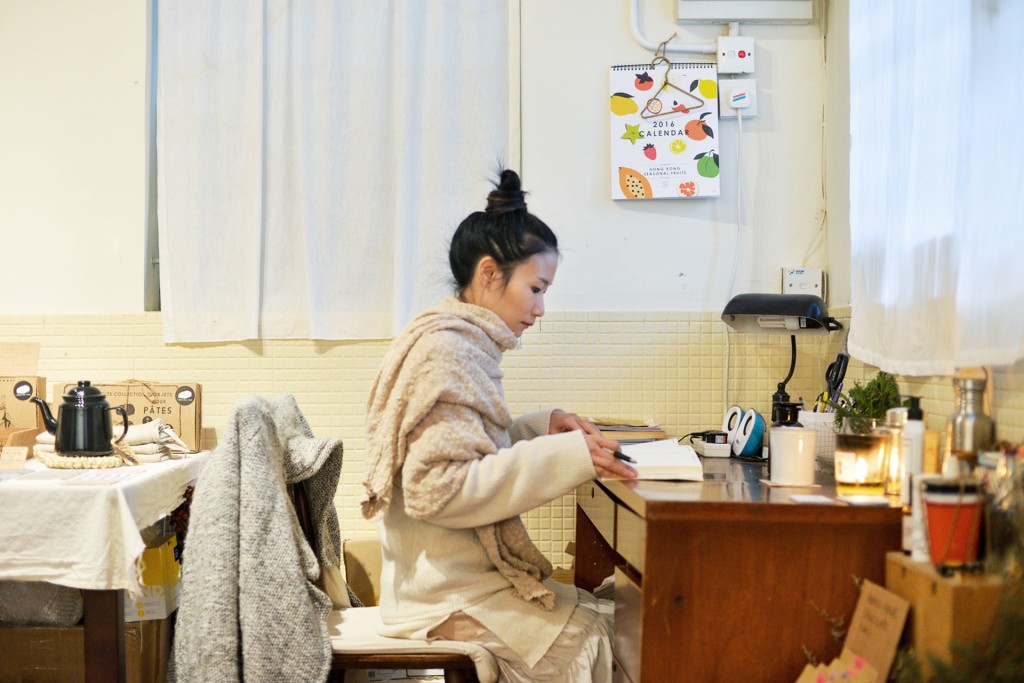
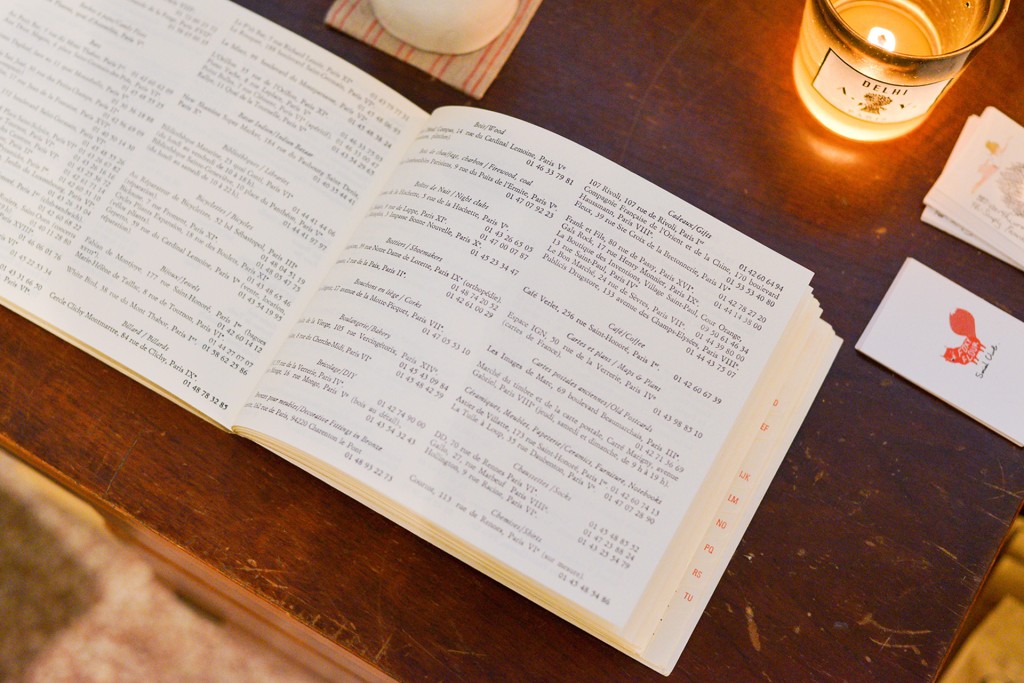
The store also sells coffee and sweets, which misleads a lot of people into thinking “A Beautiful Store” is actually a café, a misunderstanding that Wallis isn’t quite fond of. “I sell cakes from Foxy Flour Social Club because, like the other products I sell, I really love the concepts behind their products.” That’s why she’s also very fond of her friends upstairs—“Sage Farmily,” a sustainable, home-cooking restaurant that uses locally-sourced ingredients—by sharing store space, the two owners have brought out even more potential for the store, turning “A Beautiful Store” into a multifaceted corner.
“As a former fashion buyer, to some degree, I realized it was a job that had control over consumer choices. Yet, in Hong Kong, people aren’t that confident in the things they buy. Most of the time, what they’re buying might just be hype, a commercial object—these consumers don’t really understand what makes something truly good. Something truly good always has an ideal and concept behind the actual product; whether it’s awareness for people or the environment, those who make these products aren’t susceptible to trends—they hold on to their ideals. I simply hope to introduce people to these things and let them connect.” Especially now that the social atmosphere in Hong Kong is a bit low, Wallis tries to think about and focus on everything she does—even if things seem depressing and gloomy, she still chooses to do things in the way that she thinks is right. “For example, everyone thinks rent is expensive, so I decided to find a place with cheaper rent.” With a rebellious spirit and an unyielding attitude, in general, opening a store isn’t that difficult—what’s difficult is the long-term management of the store. Going from office work to managing your own store still has its similarities, the only difference is how you do things—how to overcome difficulties is a learning process that everyone has to go through.
Wallis eventually found another path to sail. On the other hand, her boyfriend, Kongkee, who comes into the store on weekends to help out, is an artist who has continued working in Hong Kong’s comic industry for many years. “I’m not a typical office worker either, my line of work takes a lot of self-discipline. So when she said she wanted to open a store, I totally supported her decision. Opening a store sounds dreamy, but it also takes a lot of hard work.” He jokes about having no problem playing the man behind a successful business woman, but he is also a successful artist in his own right: an art graduate of the Chinese University of Hong Kong, he started submitting comic strips as a student and later published comics, novels, and poetry collections with his friends. In 2007, he created two comic characters: “Pandaman” and “Ding-ding the Penguin.”(丁丁企鵝) Through laughter and sorrow, he finally hit it big and brought in a new wave for Hong Kong’s comic scene. Now, Kongkee has opened Penguin Lab, an animation design company, with his good friend.
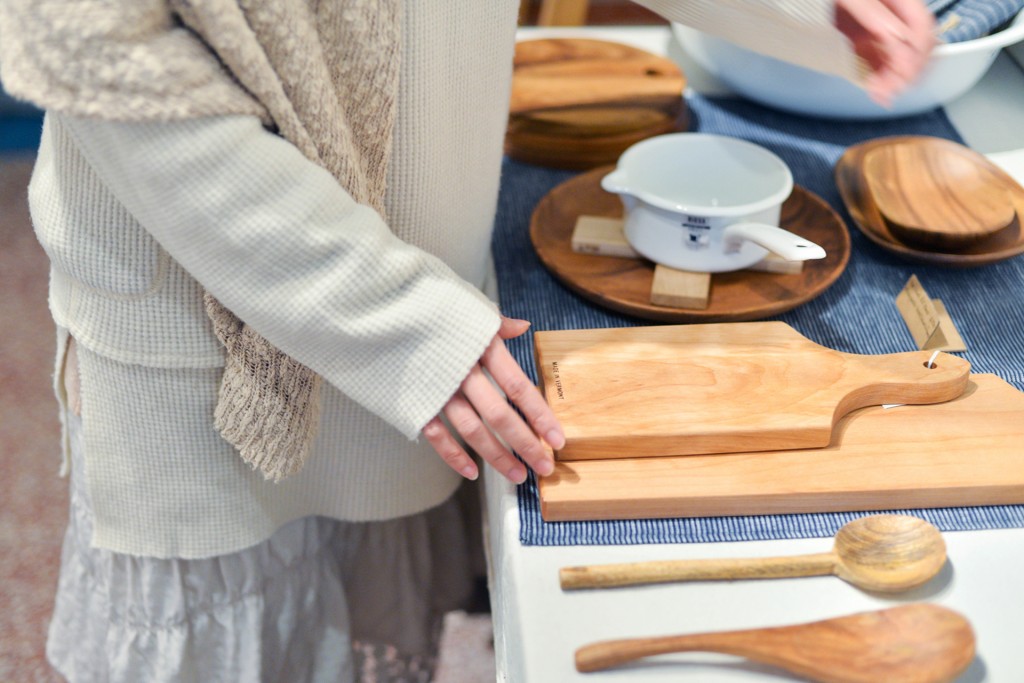
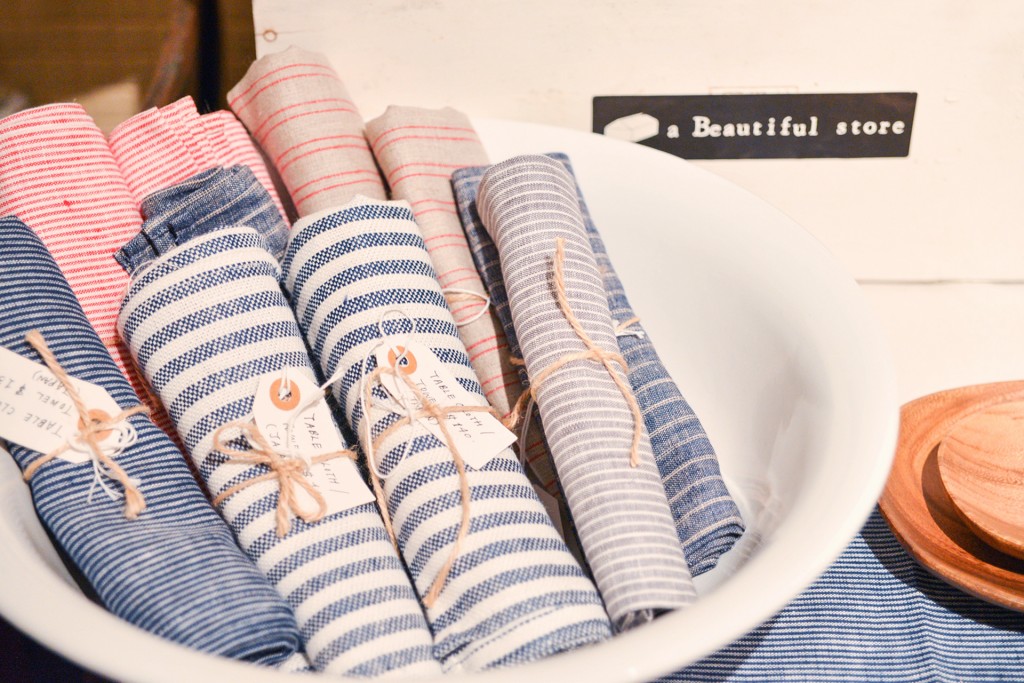
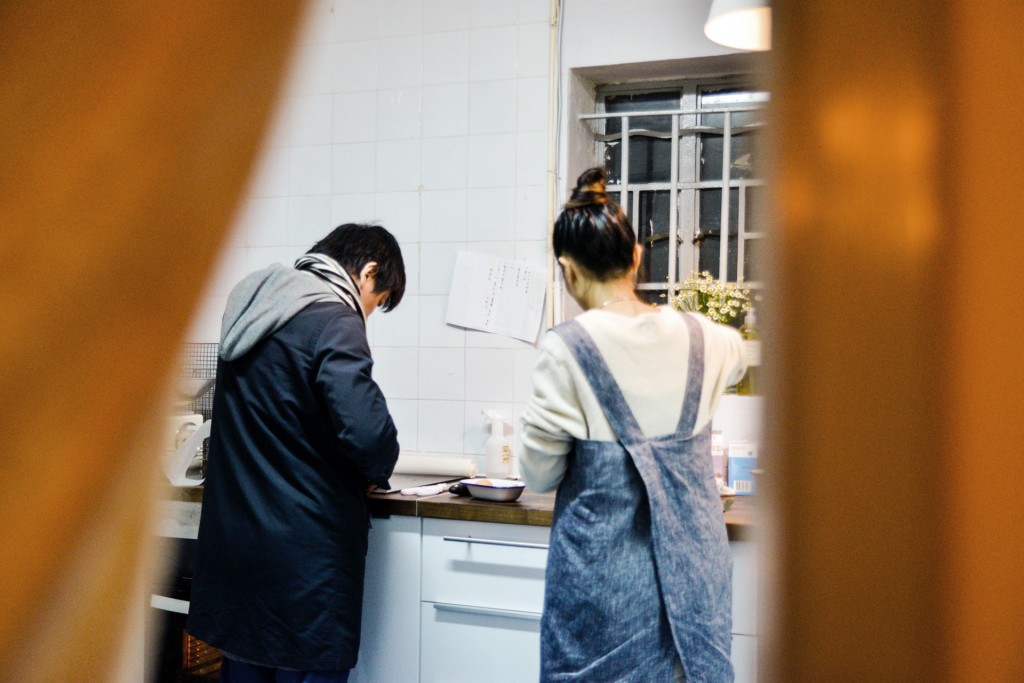
“Not only in the creative industry, accomplishing anything in Hong Kong has its hardships.”
But in Hong Kong, people often jest at those who work as artists as people who “can’t work for a living.” Kongkee became an independent artist straight after graduation, but he says it’s mostly because he was young and naïve. He also admits to having very little cash in his account at times, but when asked about the difficulties he has faced as an artist in Hong Kong over the years, his reply was a little surprising: “I’m kind of tired of talking about how difficult doing something is—an artist should tell people why it’s great being an artist, not how hard it is; not only in the creative industry, accomplishing anything in Hong Kong has its hardships.”
Born in Malaysia but moved to Hong Kong soon after birth, like most people in his generation, Kongkee’s blood and breath is steeped in Hong Kong culture; especially since he grew up in Hong Kong during the 80’s and 90’s—an era when Hong Kong culture had a great influence in Asia. “People from the older generation are actually very strong and capable. But I’ve realized not many people in our generation have the ability to express themselves. In this industry, we’re overwhelmed with a sense of powerlessness—it’s easy to stop moving your hands and mouth, making it hard to make a living and even harder to even consider pushing forward a whole culture.” When faced with this seemingly impossible predicament, as an artist, all Kongkee says he can do, is to force himself to create better quality work. Instead of giving up and stop creating, he has to force himself to become stronger. “Because once you stop creating, you cease to exist.”
Kongkee has continued to deepen his roots in Hong Kong, except in 2015, when British pop band Blur approached him after seeing his Pandaman animation. They asked him to illustrate a 16-page Hong Kong themed comic “Travel to Hong Kong with Blur” (香江模糊記) for their new album. With Kongkee’s sci-fi and nostalgic style, the comic describes the adventures the band went through as they created their newest album “The Magic Whip” in Hong Kong. Because of this experience, many people started to recognize his work and Hong Kong’s unique culture was showcased to the world through comics. This became one of Kongkee’s important works, but to Kongkee, the whole process was quite simple. “It wasn’t difficult working with Blur. They gave me a lot of freedom and I had a lot of fun doing it.” To him, this is one of his most well-known works, but it isn’t the work he’s most satisfied with. “I have a lot of works that I like. But if you’d say that I’m satisfied with a particular one, or, more exaggeratingly, whether there’s a particular artwork that can be called my greatest accomplishment before I die, there hasn’t been one yet.”
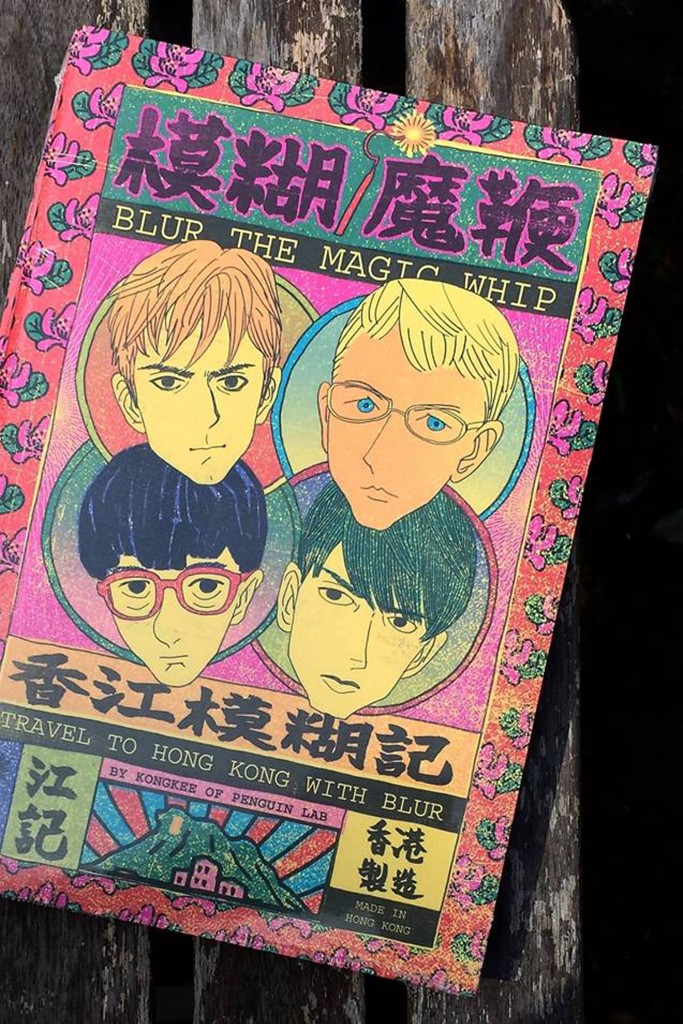
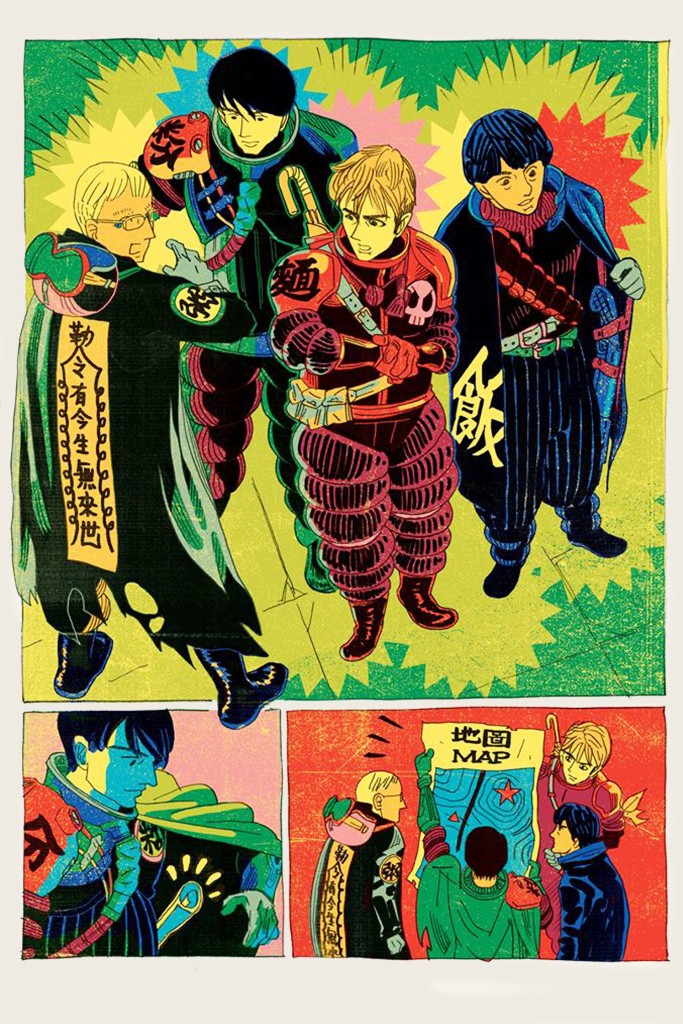
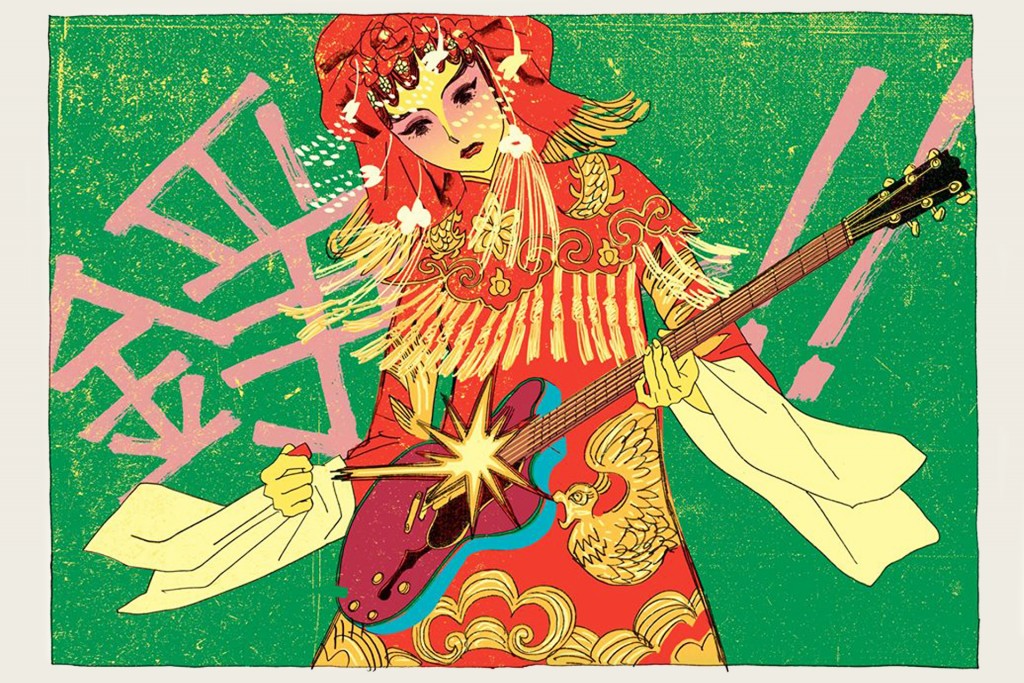
“Once you set your mind on something, no one can stop you.”
“If you asked me which artists I liked, I’d probably tell you I like a particular piece of work instead of the artist. But now I believe that one’s life energy can be injected into one’s work. Take, for example, the Japanese calligrapher, Inoue Yuichi, an artist whom I admire greatly, he’s a school principal and a calligrapher at the same time. He teaches during the day and does calligraphy in his spare time and still became famous. His spirit is very strong. You can feel that kind of energy from his work. He has led me to understand that once you set your mind on something, no one can stop you.” Kongkee also became to realize, “success” itself isn’t that important to those who are truly successful—they simply have a passion for creating things. “So in Hong Kong, you can complain all the time, but in the end, you’ll have to face and overcome these difficulties. Success or failure isn’t the point, the point is in whatever you do, you keep that passion in doing the things you want to do.” If everyone continues to do what they set out for, at some point, someone will appreciate you and more people will start understanding you.
To become a person with such great amount of energy, you don’t have to appeal to the crowd, or let everyone understand what you’re doing. He describes it like the movie “Before Midnight,” where Ethan Hawke enters his forties, and starts to regard things with more ease and calm, instead of being surprised and wanting to become somebody or pursuing some kind of title or accomplishment. Coincidentally, Wallis and Kongkee agree that an ideal life is a life where people have a positive attitude towards their own lives and respecting other people’s free will; at the same time, if you’re lucky enough to be surrounded by like-minded people, you can regard this as the most ideal circumstance in life.
